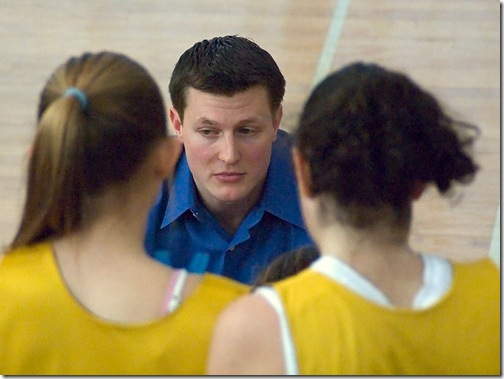The Hot Potato Method of Applying to a Job Opening
I touched on this idea the other day in a blog article when I mentioned the idea that you should have a plan for how to attack or blitz a job opening. Let’s explore this idea a little further.
Most candidates treat responding to job advertisements like they are a hot potato – touch and get rid of it. Some of the girls on my HS basketball team play basketball in this same manner. OMG – somebody threw me the ball – I better get rid of it quickly. I’ll treat the basketball like it’s a hot potato.
Why does this happen – even after I suggest ever so politely to the young ladies on my basketball team that we are NOT playing hot potato basketball. It happens due to a lack of knowledge in what to do with the basketball, fear of screwing up, fear of being embarrassed, just plain “freaking-out” over the pressure of having to do something.
Why do so many candidates play hot potato with their responses to job openings? They respond frequently with a standard resume and a standard cover letter and that is the extent of their effort in applying for a job – let’s call this method “Hot Potato Job Responding”. The overall process of responding to a job opening takes perhaps 3 seconds – much like tossing the proverbial hot potato.
You’ll never get a job using the Hot Potato method unless random luck intervenes in the process. It’s passive! You sit by the phone praying it will ring. Your investment of 3 seconds yields nothing!
STOP playing “Hot Potato Job Responding!”
It’s depressing, dysfunctional, and reeks of desperation.
Start creating a campaign around every job response: custom cover letters, custom resumes that address the job requirements, targeting the hiring manager, connecting through social media, beating the bushes in your network for referrals and introductions. Imagine yourself as a linebacker rushing the quarter on a blitz. The same strategy should apply for every job opening.
Don’t be the one who waits helplessly like a victim for the phone to ring. Make the phone ring by shifting your approach to answering ads from “”Hot Potato Job Responding” to the football “blitzing” approach.
Brad and I explore the various methods of responding to ads in our Home Study Job Search Kit. We also have a wealth of FREE Content on our website in the form of templates, audio programs, and examples.
Are you doing everything you can to conduct an effective job search? Have you taken our self-assessment scorecard to determine if you are conducting a job search that will reduce the time in half it takes to find a great opportunity?
Barry Deutsch











